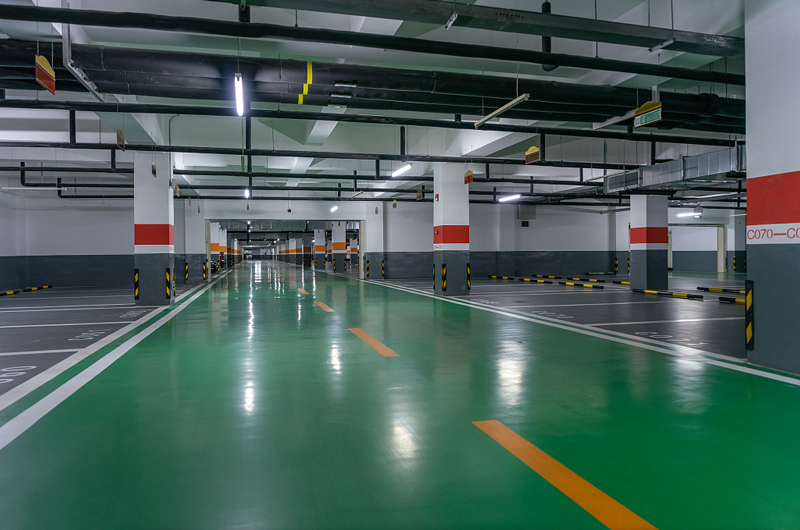AnxinCel® cellulose ether HPMC/MHEC very low viscosity products is the realization of self-leveling properties.
·Prevent the slurry from settling and bleeding
·Improve water retention property
·Reduce mortar shrinkage
·Avoid cracks
Cellulose ether for Self-leveling Compounds
Self-leveling mortar is a high-tech environmental protection product with high technological content and complicated technical links. It is a dry-mixed powdery material composed of multiple ingredients, which can be used by mixing water on site. After a slight spread of the scraper, you can get a high level of base surface. Self-leveling cement has a fast hardening speed. It can be walked on after 4-5 hours, and surface construction (such as wooden floor, diamond board, etc.) can be carried out after 24 hours. The fast and simple construction is unmatched by traditional manual leveling.
Self-leveling cement/mortar is a kind of flat and smooth floor surface that can be laid with the final finish layer (such as carpet, wood floor, etc.). Its key performance requirements include fast hardening and low shrinkage. There are different floor systems on the market, such as cement-based, gypsum-based or their mixtures.

Main technical properties of self-leveling cement/mortar
(1) Liquidity
Fluidity is an important indicator reflecting the performance of self-leveling cement/mortar. Generally, the fluidity is greater than 210~260mm.
(2) Slurry stability
This index reflects the stability of self-leveling cement/mortar. Pour the mixed slurry on a horizontally placed glass plate, and observe after 20 minutes. There should be no obvious bleeding, delamination, segregation, or bubble turning. This index has a greater impact on the surface condition and durability of the material after molding.
(3) Compressive strength
As a floor material, this index must meet the construction specifications for cement floors. The domestic ordinary cement mortar surface floor requires a compressive strength of 15MPa or more, and the compressive strength of cement concrete surface layer is 20MPa or more.
(4) Flexural strength
The flexural strength of industrial self-leveling cement/mortar should be greater than 6Mpa.
(5) Setting time
For the setting time of self-leveling cement/mortar, after confirming that the slurry is evenly mixed, ensure that its use time is more than 40 minutes, and the operability will not be affected.
(6) Impact resistance
The self-leveling cement/mortar should be able to withstand collisions caused by normal traffic and transported objects, and the impact resistance of the ground should be greater than or equal to 4 joules.
(7) Wear resistance
Self-leveling cement/mortar is used as a ground surface material and must withstand normal ground traffic. Due to its flow
The flat layer is thin, and when the ground base is solid, its bearing force is mainly on the surface, not on the volume. Therefore, its wear resistance is more important than its compressive strength.
(8) Bonding tensile strength to the base layer
The bonding strength between self-leveling cement/mortar and the base layer is directly related to whether the slurry will be hollowed and peeled off after hardening, which has a greater impact on the durability of the material. In the actual construction process, paint the ground interface agent to make it reach a condition more suitable for the construction of self-leveling materials. The bond tensile strength of domestic cement floor self-leveling materials is usually above 0.8MPa.
(9) Crack resistance
Crack resistance is a key indicator of self-leveling cement/mortar, and its size is related to whether the self-leveling material has cracks, hollows, and shedding after hardening. The correct evaluation of the crack resistance of self-leveling materials is related to the correct evaluation of the success or failure of self-leveling materials.
QualiCell cellulose ether HPMC/MHEC very low viscosity products is the realization of self-leveling properties.
·Prevent the slurry from settling and bleeding
·Improve water retention property
·Reduce mortar shrinkage
·Avoid cracks
| Recommend Grade: | Request TDS |
| HPMC AK400 | Click here |
| MHEC ME400 | Click here |